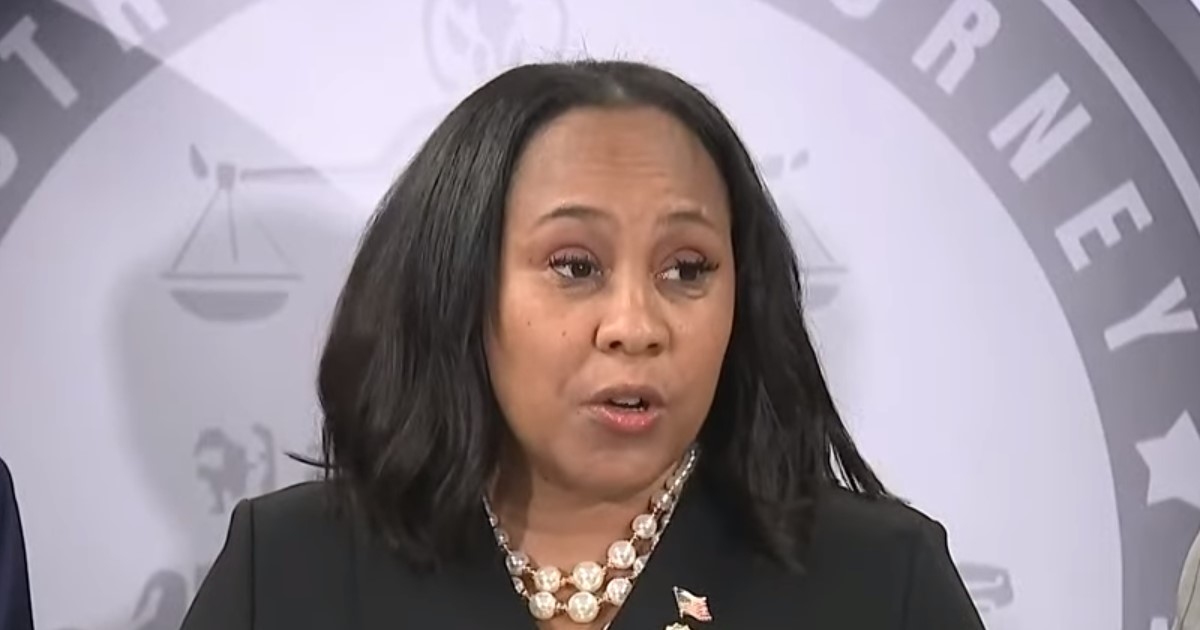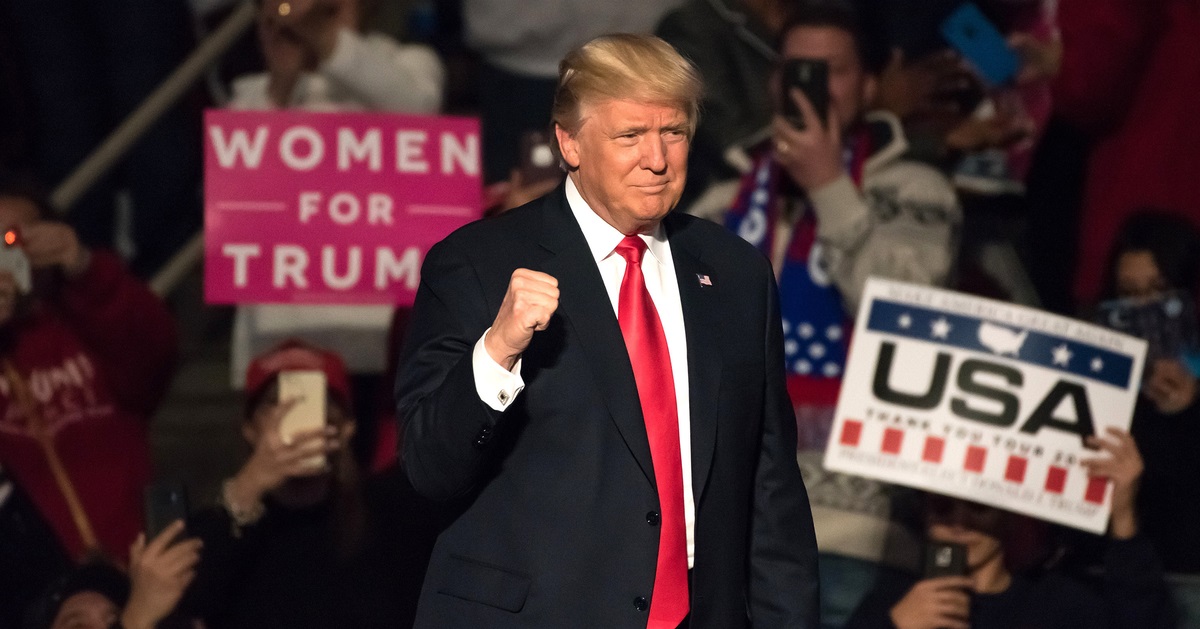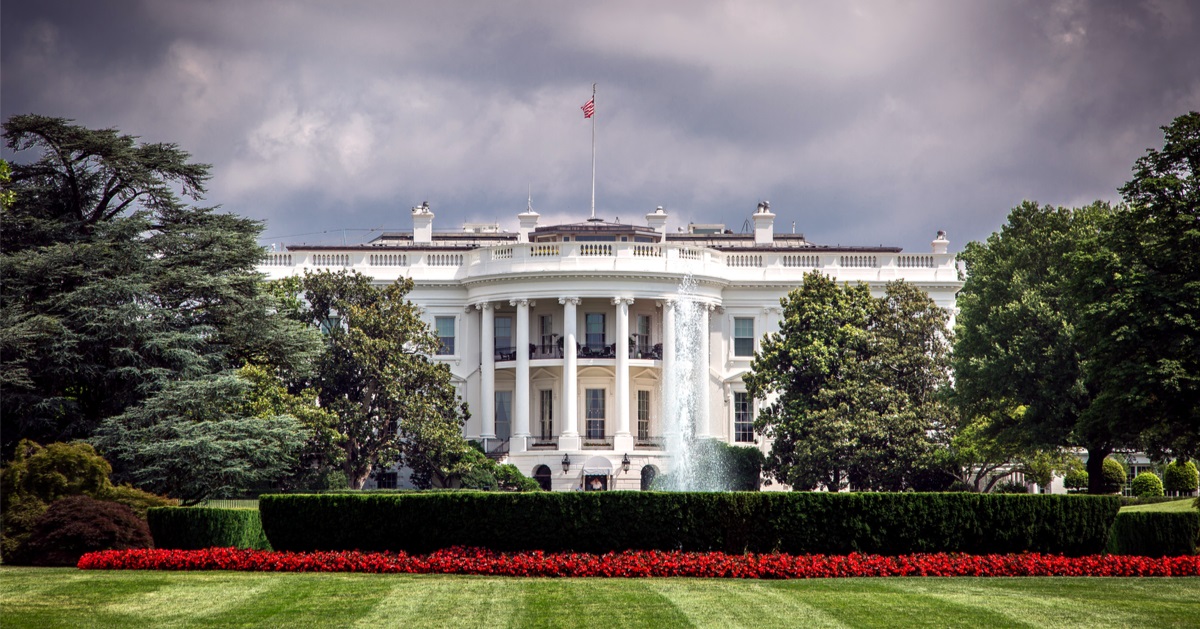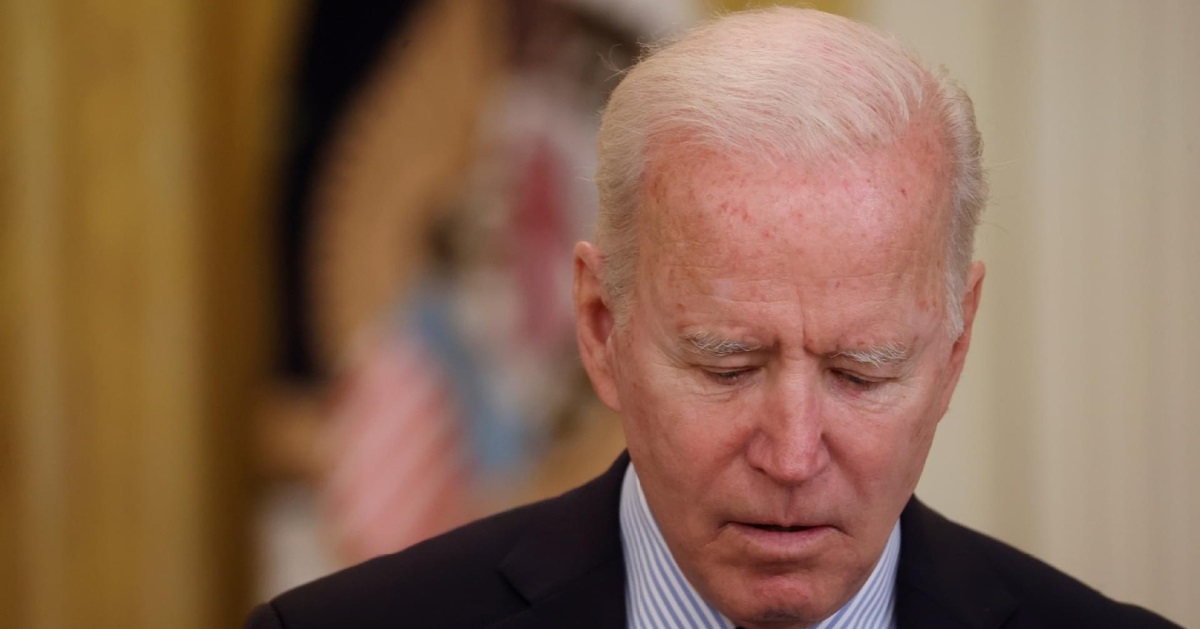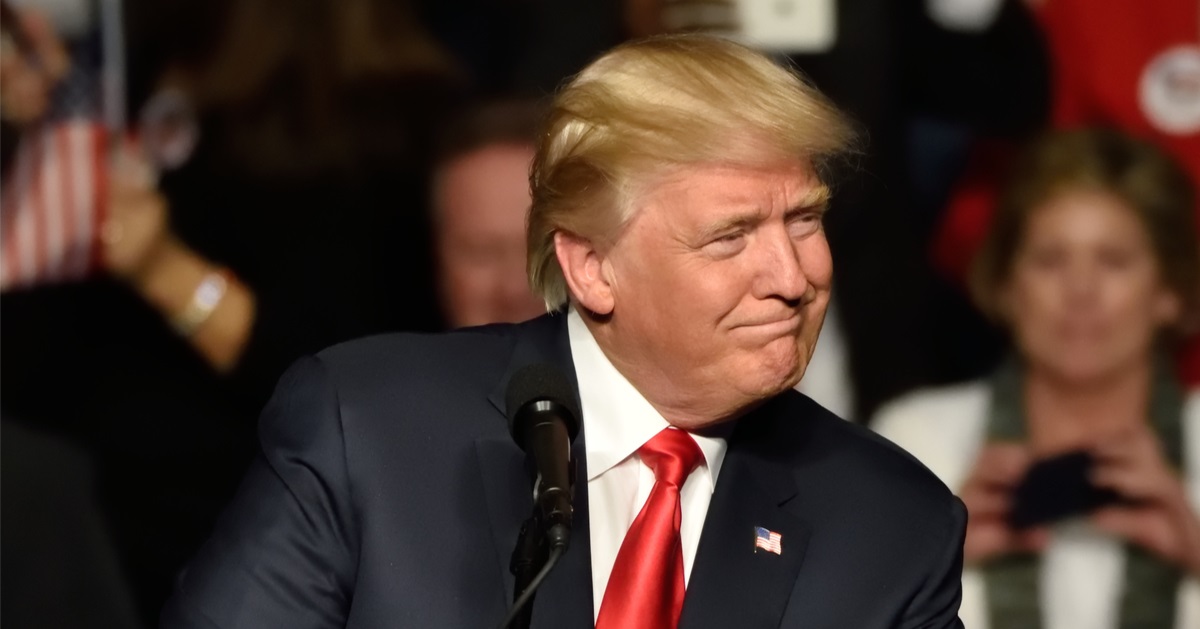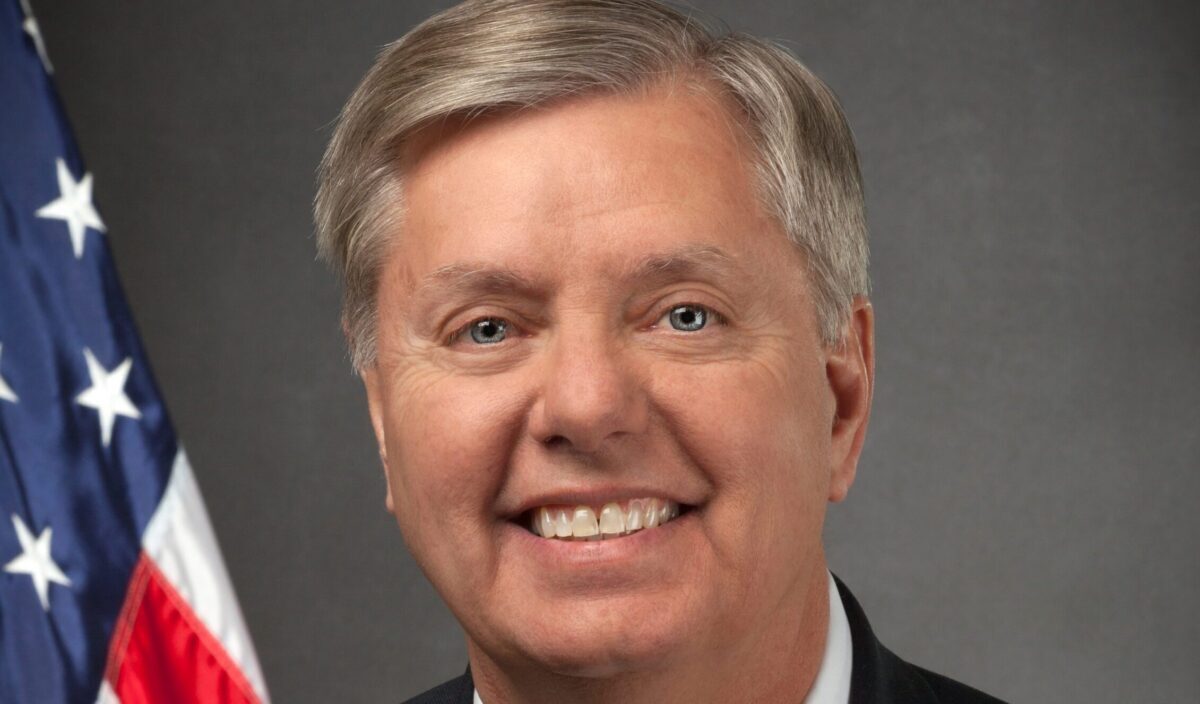Biden extends pardons and commutations to 16 'non-violent' drug offenders his prior legislation helped incarcerate
President Joe Biden exercised his power of executive clemency on Wednesday to clear criminal records and reduce prison sentences for more than a dozen purported "non-violent drug offenders," the Daily Mail reported.
The move was both fitting and ironic, given the integral part Biden played, in his prior role as a senator from Delaware, in drafting and passing the tough-on-crime bills in the 1980s and 90s that led to the lengthy incarcerations that have now been reprieved.
Pardons and commutations for 16 "non-violent" drug offenders
The White House on Wednesday issued a "clemency recipient list" that provided names and a brief synopsis of 16 individuals who were granted an extension of grace and forgiveness from President Biden for their prior transgressions.
Of those 16 recipients, 11 were granted full pardons and will see their criminal records wiped clean, while the other five had their remaining prison sentences commuted but will still have criminal records and be required to abide by certain conditions, such as supervised release and probation.
All of the "deserving" individuals who received Biden's clemency had been previously "convicted of non-violent drug offenses" of some sort, and the brief synopsis for nearly all of them included some variation of a phrase that stated had they "been sentenced under current law and sentencing practices today," they "would have received a significantly lower sentence."
For those who received a pardon, most had already completed their sentences and other terms of release and gone on to prove that they had reformed their previously criminal lifestyles through things like maintaining steady employment, obtaining a higher education, or becoming active volunteers in their local church.
As for the five who had their sentences commuted, all had been convicted of trafficking, manufacturing, or distributing cocaine or cocaine base, better known as crack, and though their time in prison was substantially reduced, all remained liable for abiding by the prior terms set for their supervised release and other conditions.
Biden explains his grant of clemency
President Biden said in a statement, "America is a Nation founded on the promise of second chances. During Second Chance Month, we reaffirm our commitment to rehabilitation and reentry for people returning to their communities post incarceration."
"We also recommit to building a criminal justice system that lives up to those ideals and ensures that everyone receives equal justice under law. That is why today I am announcing steps I am taking to make this promise a reality," he continued.
"I am using my clemency power to pardon 11 individuals and commute the sentences of 5 individuals who were convicted of non-violent drug offenses," Biden said. "Many of these individuals received disproportionately longer sentences than they would have under current law, policy, and practice."
"The pardon recipients have demonstrated their commitment to improving their lives and positively transforming their communities," he stated. "The commutation recipients have shown that they are deserving of forgiveness and the chance at building a brighter future for themselves beyond prison walls."
"Like my other clemency actions, these pardons and commutations reflect my overarching commitment to addressing racial disparities and improving public safety," the president added. "While today’s announcement marks important and continued progress, my Administration will continue to review clemency petitions and deliver reforms in a manner that advances equal justice, supports rehabilitation and reentry, and provides meaningful second chances."
It's Biden's fault those individuals faced lengthy prison sentences
As the Daily Mail had observed, The Washington Post reported in 2019 on then-candidate Biden's admitted about-face -- under sustained criticism from his left flank, mind you -- from his prior "tough-on-crime" stance as a senator from Delaware and the key role he played in the "mass incarceration" of black Americans for drug offenses and their "sentencing disparity" in comparison to white offenders.
Then-Sen. Biden had led the charge in writing and passing a 1986 anti-drug bill that featured harsher sentences for crack dealers compared to those busted with powder cocaine, and did so again in 1994 on a strict anti-crime bill that featured the "three strikes" rule that included mandatory life sentences for three-peat offenders -- a majority of whom were black males ... though he has since attempted to distance himself from those signature pieces of legislation.

